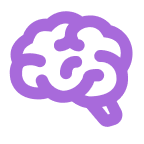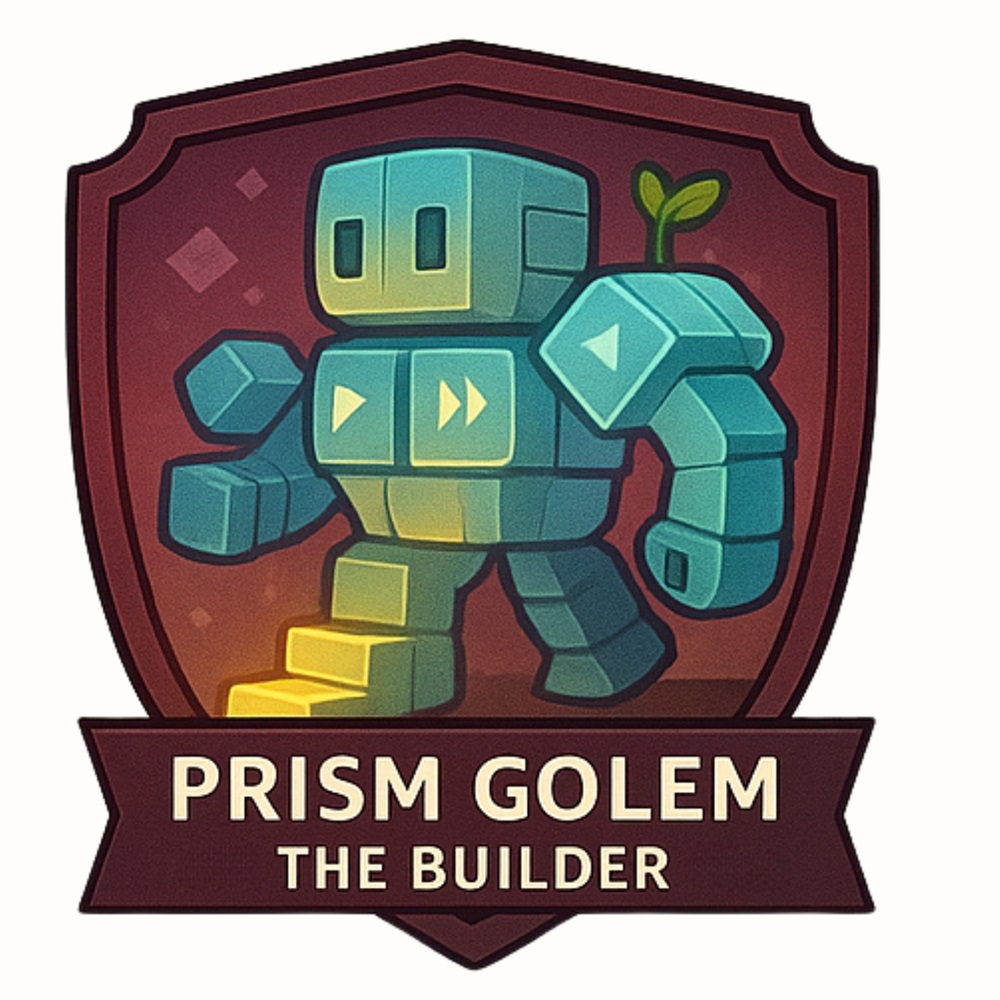Help Your Child Manage
Impulses with Control
Teach your child how to pause, reflect, and choose better behaviors.
Mastering Impulse Control
Expert-designed, research-backed, and ready to bring
life-changing skills into everyday learning.
Course Overview
 Recognize Triggers
Recognize Triggers
Identify and manage emotional or physical cues of impulsivity..
 Mindfulness Practice
Mindfulness Practice
Use meditation and movement techniques to regulate responses.
 Delayed Gratification
Delayed Gratification
Build patience to improve focus and success.
 Stop, Think, Act
Stop, Think, Act
Apply techniques to pause and assess before reacting.

Course Badges

Unlocked After
Completing 1 Module
Blink Fox – The Reactor
This badge shows you’re starting to catch your impulses in action. Like the Blink Fox, you notice what stirs before it strikes. Earn this badge by completing module 1 of this course.


Unlocked After
Completing 2 Module
Stone Ox – The Balancer
This badge shows you’ve found power in patience. Like the Stone Ox, your strength is in not moving until you mean to. Control isn’t weakness — it’s mastery. Earn this badge by completing module 2 of this course.


Unlocked After
Completing 3 Module
Sonic Koi – The Harmonizer
You’ve earned this badge by mastering the rhythm of communication. Like the Sonic Koi, your words flow with intention — and your silence with care. Earn this badge by completing module 3 of this course.


Unlocked After
Completing 4 Module
Prism Golem – The Builder
This badge proves your growth is no longer just in theory. Like the Prism Golem, you’re built from experience — and that structure keeps growing. Earn this badge by completing module 4 of this course.

Meet the Course Creator

Dr. Kymberli Barker
Dr. Barker is the mother of two fantastic young men, and they are her priority in life. She holds degrees in biochemistry, math, forensics, and psychology.
She is a consultant and a professor at multiple colleges, including the Citadel, and Johns Hopkins Center for Talented Youth. She spent fifteen years in public education, prior.
Her personal focus is child advocacy and she developed the Guardian ad Litem/(GAL)/CASA program for the Eastern Band of Cherokee Indians. She is tribally and state sworn as a GAL. Her favorite thing is being a mom.
Sample Lesson Preview

Mastering Impulse Control
What are Impulses?
What are Impulses?
It is common to feel impulses when in a class or doing school work. Our mind may want to think about friends or last night's football game. Our body may want to move and do something else. Everyone experiences these kinds of impulses.
Please find the notebook you decided would be your impulse journal. Please take a few moments to think back to the last time you had to work on your academics. Did your mind wander? Did your body want to move? Please write a paragraph about these experiences in your Impulse Control Journal. Then please write about what you did when you experienced these impulses? Did you continue with your school work? Did you do something else?
